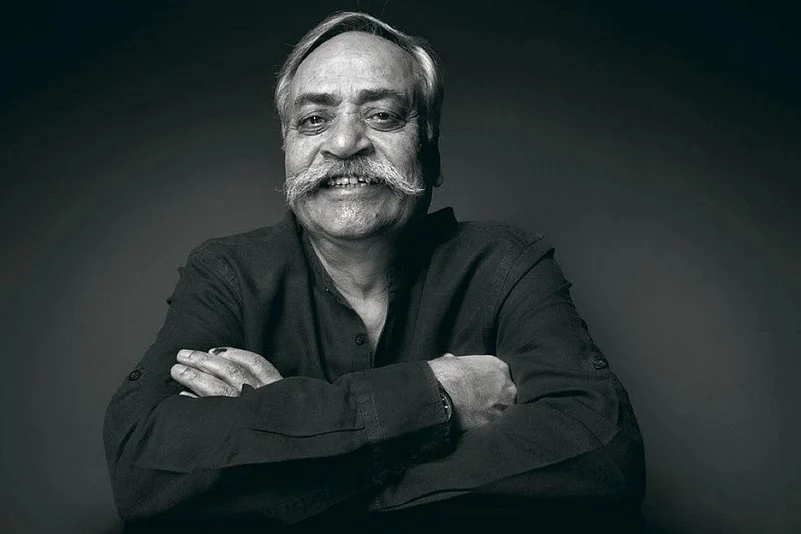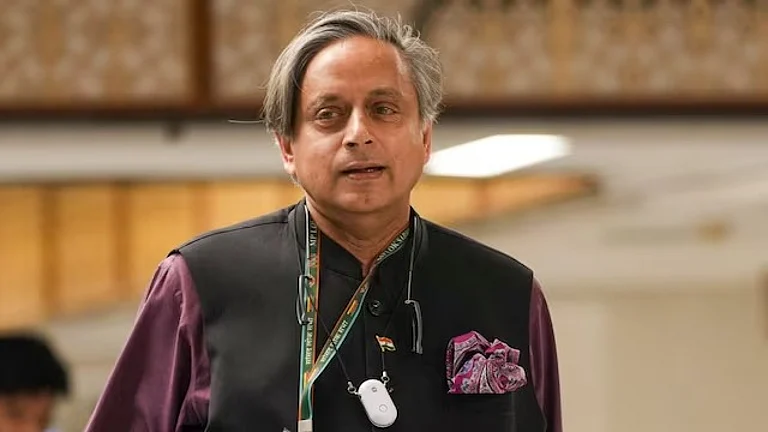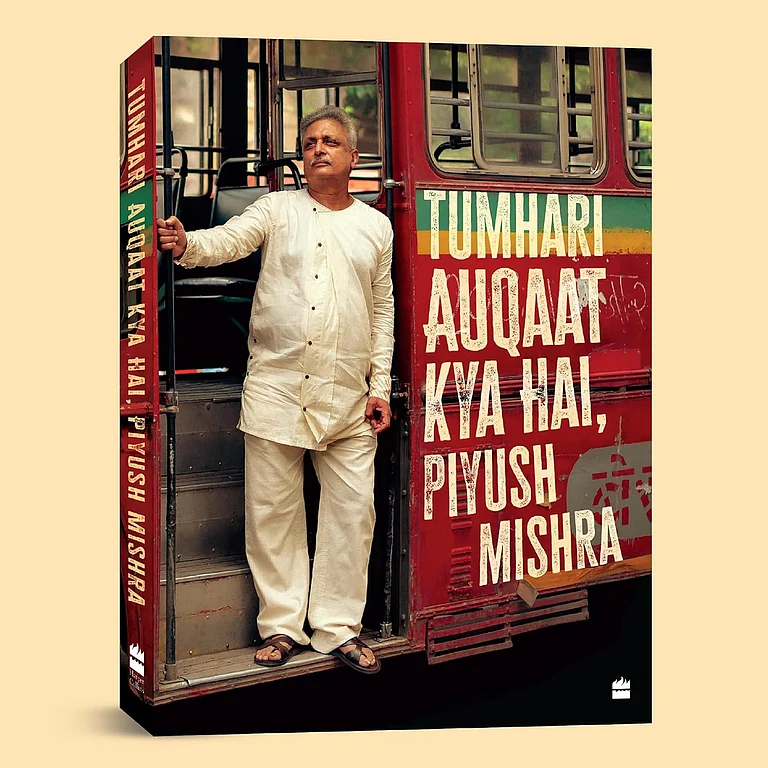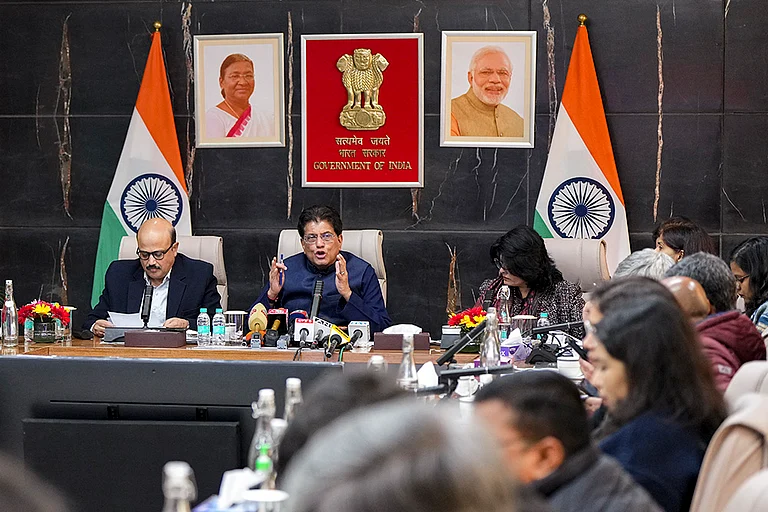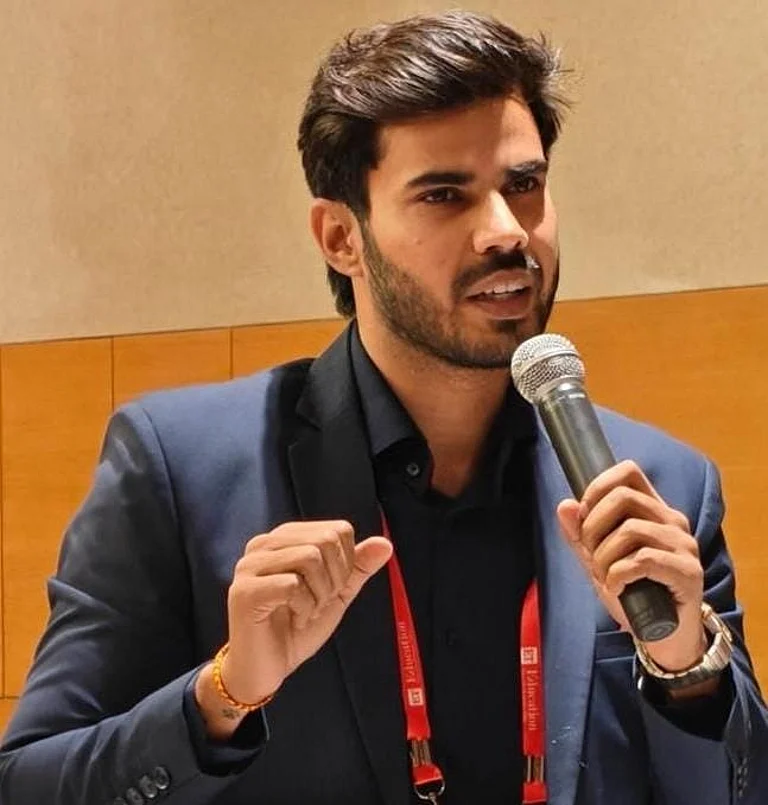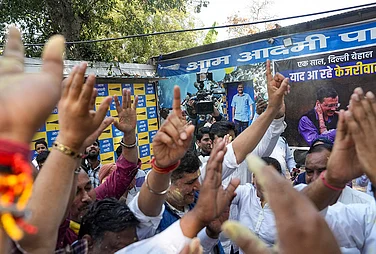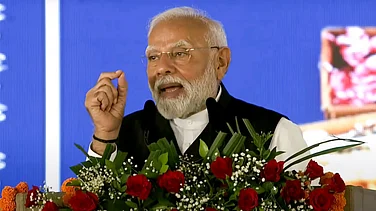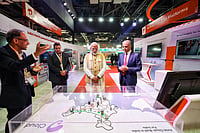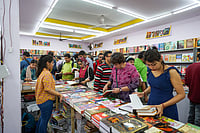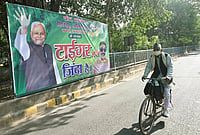
Renowned adman Piyush Pandey, who transformed Indian advertising through emotionally resonant and culturally rooted campaigns, passed away on October 23, 2025, at the age of 70.
From his early life in Rajasthan to his four-decade career at Ogilvy & Mather, Pandey’s work — from Fevicol and Cadbury to Vodafone — reflected his belief that advertising was about human connection, not just selling. He also inspired generations through mentorship and literary engagement.
Honoured with awards such as the Padma Shri (2016) and the LIA Legend Award (2024), Pandey leaves behind a legacy that transcends advertising — one built on empathy, creativity, and a profound understanding of the Indian spirit.
On the morning of October 23, 2025, the Indian advertising world woke up to a silence that seemed almost impossible to bear. Piyush Pandey, the man whose campaigns had entered the rhythm of Indian life with a familiarity that was almost intimate, passed away at the age of 70. For decades, he had been more than a creative director or an executive chairman of Ogilvy & Mather India; he was a chronicler of the Indian psyche, a poet disguised as an adman, and a mentor who never let the hard metrics of the industry obscure the human heart.
Roots in Rajasthan: Early Life and Education
Born on May 5, 1955, in Jaipur, Rajasthan, Pandey was the youngest of nine siblings. Growing up in a household alive with stories, music, and the earthy rhythms of Rajasthani life, he absorbed a sensibility that would later define his work. His sister Ila Arun and brother Prasoon Pandey were accomplished artists, yet Piyush charted a course uniquely his own. He attended St. Xavier’s School in Jaipur and later pursued a postgraduate degree in History at St. Stephen’s College, Delhi.
Before entering advertising, he briefly played Ranji Trophy cricket for Rajasthan and worked as a tea taster, a man seemingly wandering across fields as diverse as sport, taste, and literature, yet quietly assembling the sensibilities that would inform a remarkable career.
The Advertising Odyssey Begins
In 1982, Pandey joined Ogilvy & Mather India. His first breakthrough came with the Sunlight Detergent print ad, but it was just the beginning. Over the next four decades, he would craft campaigns that became part of India’s collective memory.
The Fevicol ads, with their humorous yet deeply resonant storytelling, taught a nation to laugh at the absurd while celebrating endurance. Vodafone’s witty commercials, Cadbury’s tender tales of joy, and Asian Paints’ celebration of color were not merely marketing efforts; they were small acts of cultural narration.
Piyush Pandey understood, as few in advertising ever did, that brands were not just products but companions to people’s lives, and advertising, at its best, was an art form capable of expressing the subtleties of a society in motion.
An Anecdote from the Kalinga Literary Festival Mentor and Friend
I first connected with Piyush Pandey in 2022, in relation to the Kalinga Literary Festival, where we had introduced the Book Award. That year, his book Pandeymonium was selected as the Best Non-Fiction Book. Though he could not attend the festival due to his travels, I had the privilege of being in touch with him. Speaking with Pandey was like opening a door to a world where insight and humour coexisted effortlessly.
Our conversations meandered through the craft of advertising, the realm of literary fiction, the alchemy of words, the patience required to coax an idea into life, and the peculiar joy of observing how ordinary people respond to the extraordinary packaging of a message. Even then, in his quiet, understated way, Piyush Pandey radiated a generosity of spirit that made every conversation feel like a shared discovery.
In the years that followed, I was fortunate to exchange my book reviews with him. Piyush, ever curious, would often call, not to critique formally, but to discuss, probe, and celebrate ideas. He praised writing that moved him and gently guided that which he thought could be honed further.
These were never mere professional interactions; they were lessons in perception, storytelling, and the patience required to engage deeply with the world around us. Pandey’s mentorship was subtle yet profound, a quiet insistence that art and craft, emotion and insight, could and should coexist.
Influence Beyond Brands
Piyush Pandey’s influence, of course, was not limited to the world of brands and products. He had a deft hand in shaping public narratives, including political campaigns that reached the entire nation. His coining of the slogan ‘Ab Ki Baar, Modi Sarkar’ during the 2014 general elections demonstrated his uncanny understanding of language and emotion, of cadence and conviction, qualities that defined every ad he touched.
Yet, even here, Pandey approached his work with a storyteller’s sensibility, he understood that the human heart, more than any market research chart, determines reception.
Awards and Recognition
Recognition came in abundance, though it never seemed to weigh upon him. The Padma Shri in 2016 and the LIA Legend Award in 2024 were merely formal affirmations of a career that had already touched countless lives. Yet for those who knew him personally, the awards mattered far less than the conversations, the letters, the shared moments of quiet insight. He was a man who measured success not in accolades but in the small, human victories of a well-told story.
Legacy of a Cultural Chronicler
As the Executive Chairman of Ogilvy India and later Chief Creative Officer Worldwide, Piyush Pandey transformed the landscape of Indian advertising. He brought to it a sensibility that was unmistakably local yet universally compelling. His campaigns were infused with the textures of Indian life, its humor, its pathos, its absurdities, and its joys. But beyond the campaigns, beyond the slogans and jingles, was a philosophy: advertising is not about selling; it is about connecting, understanding, and celebrating the human experience.
In Memoriam
Pandey’s death leaves a void, not just in Indian advertising, but in the wider cultural imagination. He was, in every sense, a craftsman of narratives, a teacher, a guide, and a friend. He demonstrated that creativity thrives when coupled with empathy, and that the stories we tell, whether in a thirty-second commercial or a full-length book, define how we understand the world and ourselves.
As we bid him farewell, the memory of Piyush Pandey endures in the laughter he evoked, the stories he told, and the lives he touched. His legacy is not confined to awards or campaigns; it is alive in every ad that makes an ordinary moment memorable, every narrative that resonates, and every creative soul he inspired to dream bigger, observe more keenly, and write more truthfully.
In remembering him, one is reminded of a phrase he might well have endorsed: advertising, and by extension, life, is a story. Piyush Pandey told it with charm, insight, and unerring humanity. And in that story, we will find him again, waiting to delight, to instruct, and to inspire.
(Ashutosh Kumar Thakur is a management professional, literary critic, and curator based in Bangalore.)






